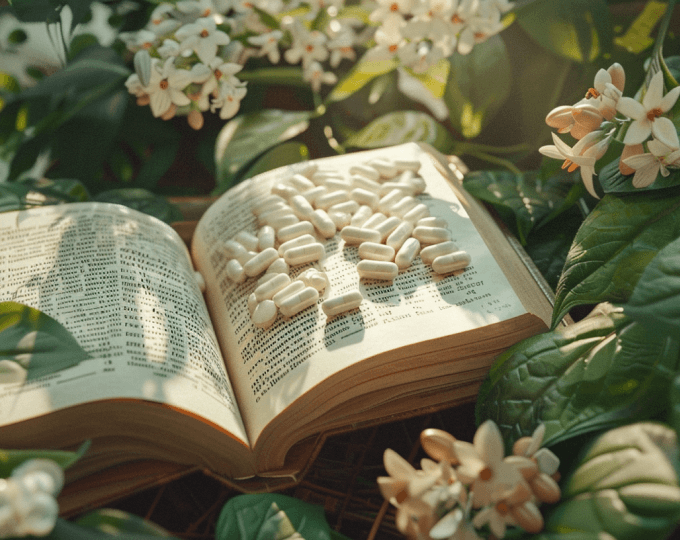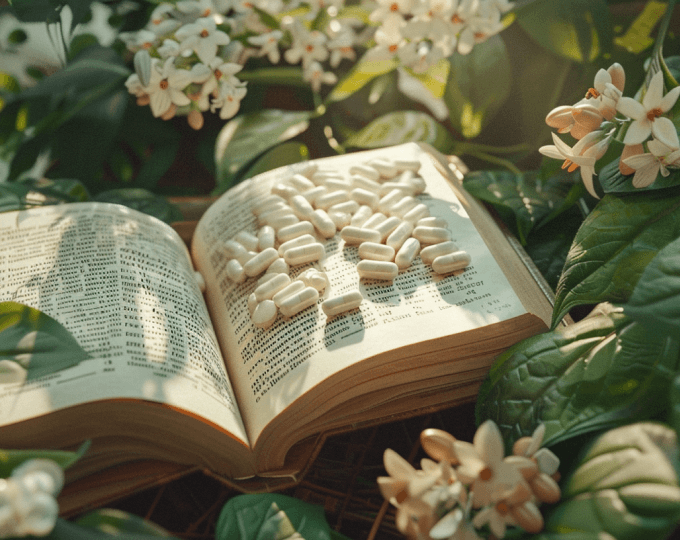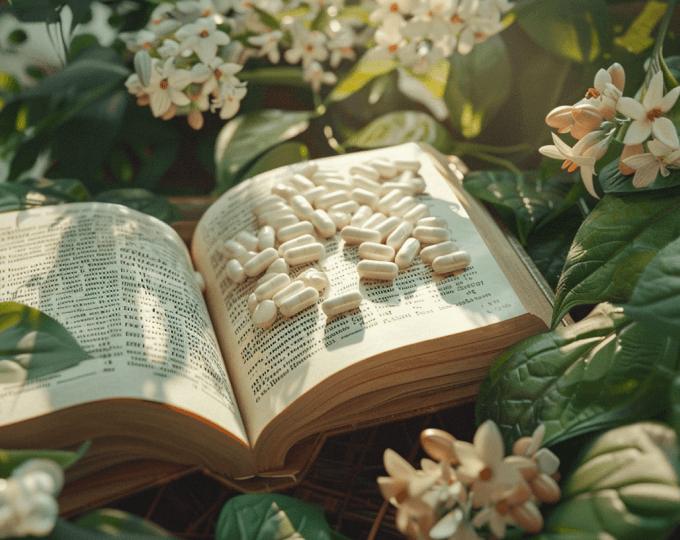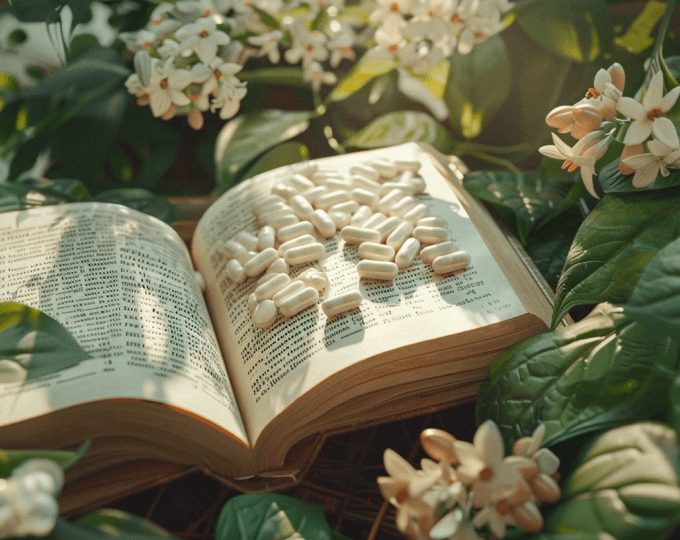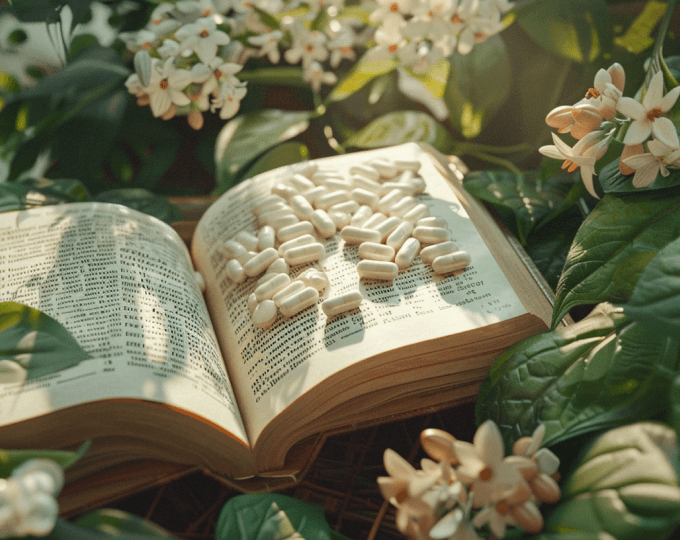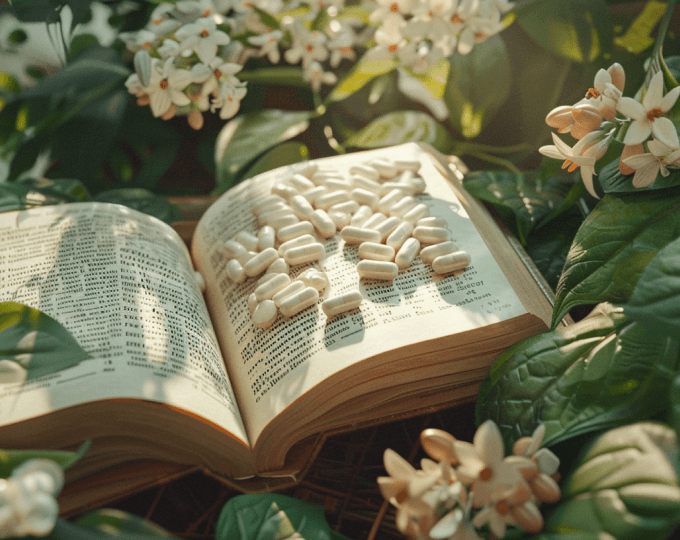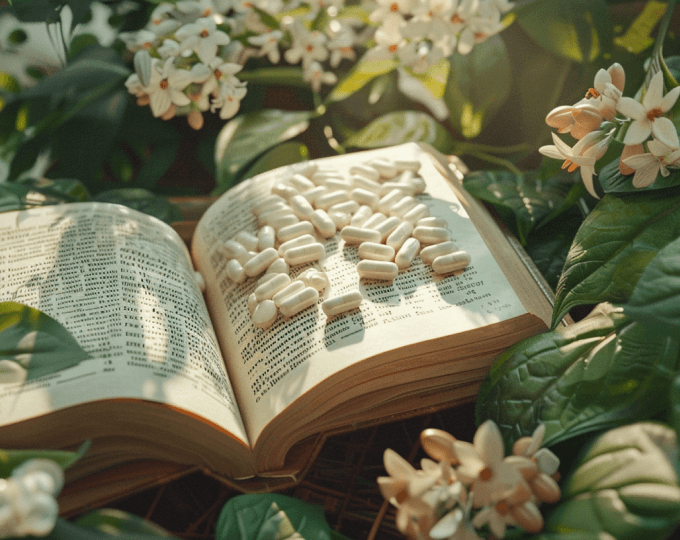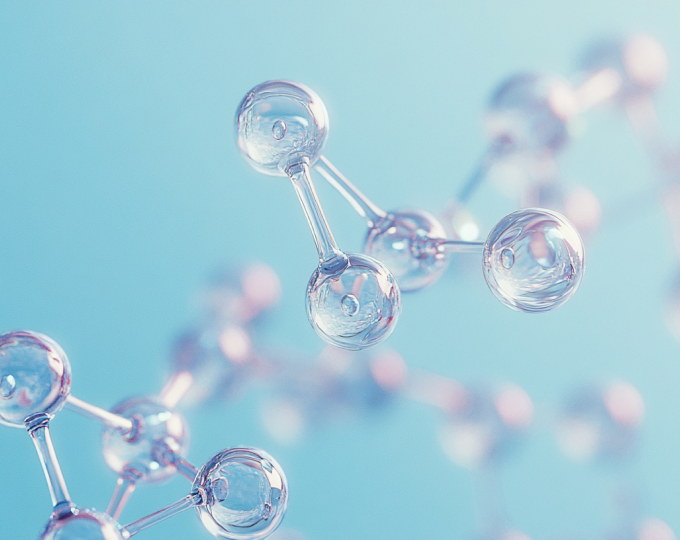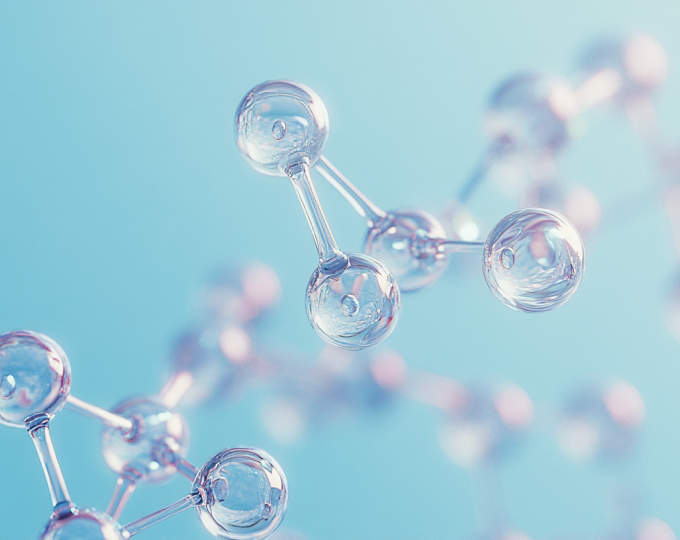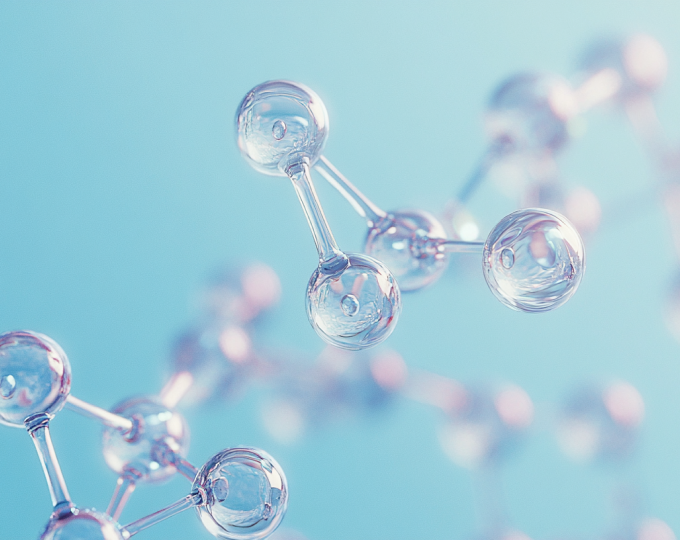Themen dieses Blogartikels:
What is Creatine?
Creatine, sometimes also spelled creatine, is an organic acid that your body produces in the liver, kidneys and pancreas. The starting materials for this are the three amino acids arginine, glycine and methionine.1 The body of a person of normal weight contains around 120 grams to 150 grams of this carbon-nitrogen compound.2 The majority of this, more than 90 percent, is found in the skeletal muscles. However, smaller amounts are also found in the brain and heart.3
What are the functions of Creatine?
The body needs creatine to provide energy quickly. Creatine provides the muscles with rapidly available energy, particularly during intense, short bursts of exertion. Creatine phosphate, which is formed in the liver from creatine and phosphate, is important for this.4
What makes Creatine unique?
During strong, fast muscle contractions, your body first draws on the body's own energy storage substance adenosine triphosphate (ATP), which is then broken down into adenosine diphosphate (ADP) and phosphoric acid. However, after just a few seconds of intense exertion, the supply of ATP is used up - this is when the aforementioned creatine phosphate comes into play. If required, it can transfer phosphate to ADP so that it can be converted back into ATP. Creatine phosphate is therefore a reversible energy store that provides the body with new energy reserves in stressful situations.5
How much Creatine do you need per day?
It is assumed that an adult needs 1.5 to 2 grams of creatine per day. The daily requirement is influenced by the individual activity level and existing muscle mass, among other things.6 The body is able to produce the required amount itself. Creatine can also be taken in through food.
When do you need Creatine most?
Creatine is particularly important for movements where a lot of force is exerted in a short period of time - such as fast sprints or weightlifting. The intake of creatine is therefore widespread among athletes and bodybuilders. Studies have shown that creatine can increase physical performance during high-speed strength training in the context of short-term intensive physical activity.7 Nevertheless, the substance is not on the doping list and is not banned in elite sport.8 Creatine is also recommended for people over 55 years of age: they can increase the effect of their strength training on muscle strength by taking 3 grams of creatine daily, provided they train at a certain intensity at least three times a week over several weeks.9
How does a Creatine deficiency develop and how does it manifest itself?
A creatine deficiency does not normally occur in healthy people. If the body cannot produce enough creatine, this is usually due to a congenital metabolic disorder. This health problem usually becomes noticeable as early as childhood, for example through a disturbance in mental development.10 Nevertheless, athletes and bodybuilders in particular often swear by an additional portion of creatine in the form of dietary supplements. This is because the substance can lead to faster muscle growth and an increase in maximum strength.11
What happens if there is an overdose of Creatine?
According to sports physicians, a daily intake of 3 to 5 grams of creatine monohydrate is sufficient and harmless to health.12 American studies have shown that even long-term supplementation of up to 30 grams per day is safe.13 However, the creatine powder should be dissolved in plenty of water, as otherwise undesirable side effects such as diarrhea and vomiting may occur. Hypersensitivity or overdosing in particular can also lead to water retention, muscle cramps and flatulence. People with kidney disease should not take creatine without medical advice, as the breakdown product creatinine is excreted via the kidneys.14
Which foods are particularly high in Creatine?
Game, beef and pork as well as salmon, herring and tuna contain comparatively high levels of creatine. In contrast, it is only found in very small quantities in plant foods such as cranberries. However, vegetarians and vegans need not worry: Their bodies also normally produce enough creatine, so there is no need to take it from animal foods.15
This dictionary entry is based on carefully researched sources:
Bibliography & Sources
- gesundheit.de/fitness/kreatin-musclebuilding-id213604/
- chemie.de/lexikon/Kreatin.html
- onmeda.de/ernaehrung/naehrstoffe/kreatin-id202076/
- gesundheit.de/fitness/kreatin-musclebuilding-id213604/
- flexikon.doccheck.com/de/Kreatine
- apotheken.de/ Diseases/backgroundknowledge/11046-kreatin
- verbraucherzentrale.de/wissen/lebensmittel/futterrgaenzmittel/kreatin-nur-in-seltenen-faellen-hilfreich-8089
- gesundheit.de/fitness/kreatin-musclebuilding-id213604/
- verbraucherzentrale.de/wissen/lebensmittel/futterrgaenzmittel/kreatin-nur-in-seltenen-faellen-hilfreich-8089
- apotheken.de/ Diseases/backgroundknowledge/11046-kreatin
- verbraucherzentrale.de/wissen/lebensmittel/futterrgaenzmittel/kreatin-nur-in-seltenen-faellen-hilfreich-8089
- sportaerztezeitung.com/rubriken/ernaehrung/1511/kreatin/
- gesundheit.de/fitness/kreatin-musclebuilding-id213604/
- verbraucherzentrale.de/wissen/lebensmittel/futterrgaenzmittel/kreatin-nur-in-seltenen-faellen-hilfreich-8089
- apotheken.de/ Diseases/backgroundknowledge/11046-kreatin





